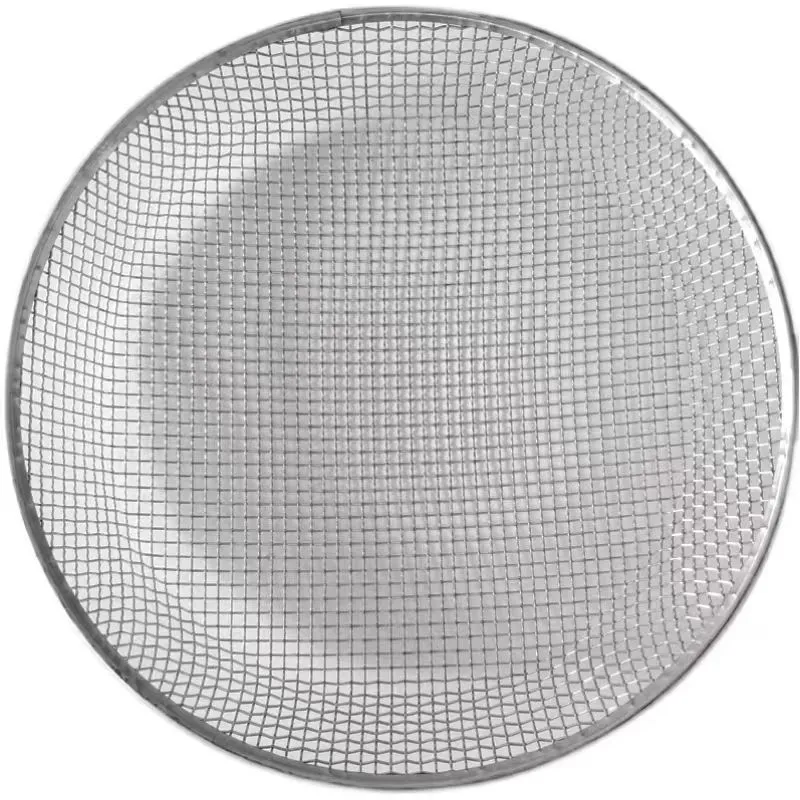Exploring the Versatility and Applications of Durable Nylon Netting in Various Industries
The Versatile Applications of Nylon Netting
Nylon netting is a highly versatile material that has found applications in various industries. Recognized for its durability, flexibility, and resistance to the elements, nylon netting is increasingly used in a multitude of settings, from agriculture to sports and even marine applications. This article explores the characteristics, uses, and benefits of this remarkable material.
Characteristics of Nylon Netting
Nylon is a synthetic polymer, renowned for its strength-to-weight ratio, making it an excellent choice for netting. Nylon netting is lightweight yet incredibly durable, allowing it to withstand significant stress without tearing or degrading. Additionally, nylon's inherent properties provide high resistance to abrasion, chemical exposure, and UV rays, extending the lifespan of the netting in outdoor environments. Moreover, nylon netting is available in various mesh sizes and configurations, offering versatility for different applications.
Agricultural Uses
In the agricultural sector, nylon netting plays a pivotal role in crop protection and management. Farmers utilize nylon netting to safeguard crops from birds, insects, and extreme weather conditions. The fine mesh effectively keeps pests at bay while allowing sunlight and rain to reach the plants. Moreover, nylon netting can be used for trellising climbing plants, providing physical support while enabling optimal growth. This application not only helps in maximizing yield but also promotes sustainable farming practices by reducing the need for chemical pesticides.
Sports and Recreation
nylon netting

In the realm of sports and recreation, nylon netting serves multiple purposes
. From construction barriers in sports venues to protective nets for various games like soccer, tennis, and golf, it helps ensure the safety of players and spectators alike. Nylon netting is also essential for the construction of climbing walls and nets used in playgrounds, minimizing the risk of injury. Moreover, its lightweight nature allows for easy handling and installation, making it a preferred choice for sports facilities across the globe.Marine Applications
The marine industry benefits greatly from the properties of nylon netting. Used in aquaculture, nylon nets are deployed in fish farming to enclose fish, preventing escape while providing a secure, controlled environment for growth. The nets are designed to withstand harsh marine conditions, offering resilience against saltwater, currents, and biological degradation. Additionally, nylon netting is employed in the fishing industry, where its strength enables fishermen to catch a variety of aquatic species without compromising on quality.
Environmental Considerations
While nylon netting offers numerous advantages, it is essential to consider its environmental impact. As a synthetic material, it is derived from petrochemicals, raising concerns about sustainability. However, manufacturers are increasingly focusing on producing biodegradable options and recycling old nets to reduce waste. By opting for recycled nylon netting, users can mitigate some of the material's environmental drawbacks while still enjoying its functional benefits.
Conclusion
In conclusion, nylon netting is a robust and adaptable material with applications spanning across agriculture, sports, and marine industries. Its durability, resistance to elements, and versatility make it an invaluable resource for various needs. As awareness regarding environmental sustainability grows, the evolution of nylon netting towards eco-friendly alternatives will be crucial for its continued relevance. Whether protecting crops, ensuring safety in sports, or supporting aquaculture, nylon netting demonstrates remarkable utility, making it a fundamental component in modern applications.
-
The Versatility of Stainless Steel Wire MeshNewsNov.01,2024
-
The Role and Types of Sun Shade SolutionsNewsNov.01,2024
-
Safeguard Your Space with Effective Bird Protection SolutionsNewsNov.01,2024
-
Protect Your Garden with Innovative Insect-Proof SolutionsNewsNov.01,2024
-
Innovative Solutions for Construction NeedsNewsNov.01,2024
-
Effective Bird Control Solutions for Every NeedNewsNov.01,2024












